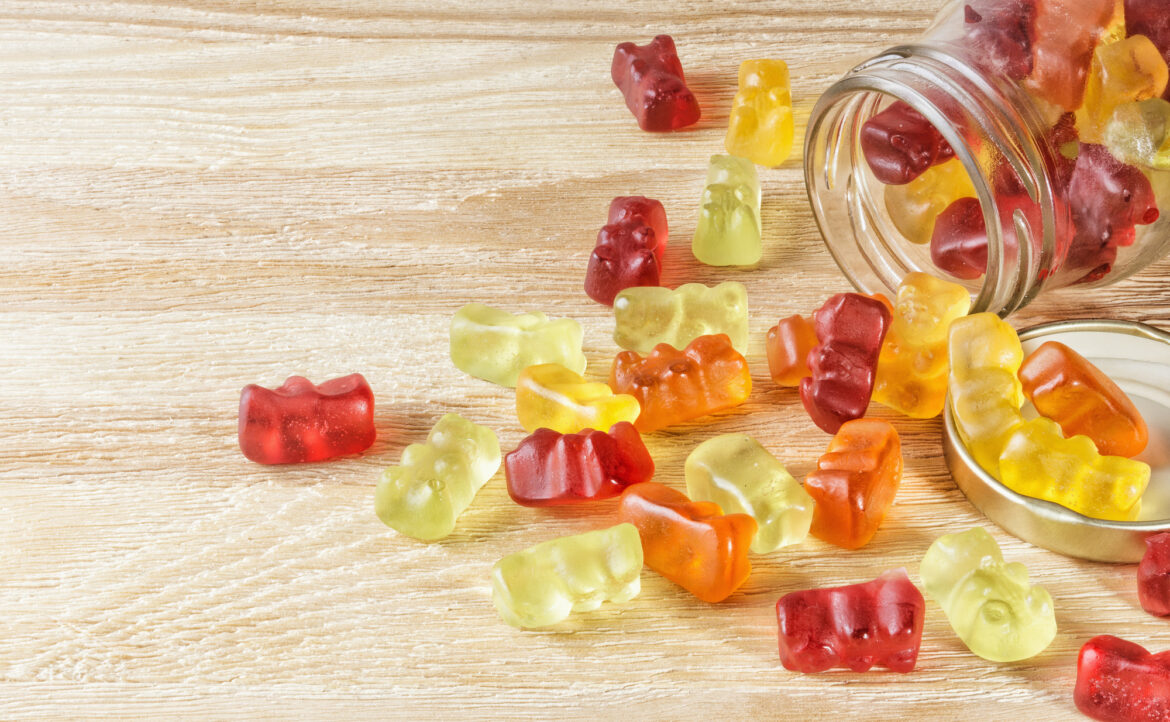How Much CBD Do I Really Need to Be Taking?
Are you thinking of trying CBD to help improve your health or state of mind? Over 14% of Americans have already tried CBD products, and many of them swear they feel better.
So, if you want to see if CBD can help you with your ailments, the first question is, ‘how much CBD do I need to take?’.
Keep reading to find the answer.
Why Take CBD?
The human endocannabinoid system (ECS) helps regulate a wide variety of important functions in our bodies. These include intracellular communication, metabolism, appetite, immune response, and memory.
This internal system reacts with cannabinoids from the plants we ingest to perform at an optimum. These include the sixty or more cannabinoids found in the cannabis plant.
CBD is one of these beneficial substances that help keep the ECS running smoothly. As such, studies show that CBD has several benefits when taken as a nutritional supplement. These include:
- Reduced depression and anxiety
- Improved sleep
- Reduced incidence of epileptic seizures
- Decreased pain and inflammation
- Improved heart health
- Fewer symptoms of IBD (inflammatory bowel disease)
So now you know what CBD might do for you, the next step is working out the correct dosage.
How Much CBD Should You Take?
Since the FDA regards CBD as a nutritional supplement, they don’t offer any recommendations about optimum dosage. Most manufacturers offer guidelines printed on their CBD products packaging, but these are general and might not suit your needs.
Studies involving CBD clearly indicate that different doses suit different people better. They used quantities varying from 20 to 1,500 mg per day in their tests.
The right amount for you depends on various factors, such as:
- What condition you’re treating
- Your bodyweight
- Your individual metabolism
- The product you’re taking
With all these variables to consider, it’s a little overwhelming trying to figure out what’s best for you. Often it’s best to discuss your CBD dosage with your doctor as they can best advise you on any likely interactions with other medications you’re taking too.
CBD can react with medication that already contains CBD, like Epidiolex.
If your doctor offers advice, always stick to their recommendation, and don’t increase your dose without consulting them first.
How to Take CBD Safely
Studies haven’t revealed any serious side effects from taking CBD, so your doctor might give you the all-clear to find your ideal dosage on your own.
In this case, start with a low dose of CBD. Most manufacturers recommend 10 to 20 mg per day for starters. According to the different types of CBD available this could mean half a gummy or one drop if you’re taking CBD oil.
Always consult your CBD product packaging to check the concentration of CBD contained in each dose.
Continue with the lowest dose for a week and if you aren’t experiencing relief, increase it by 5 mg per week thereafter. You can stop increasing the amount of CBD you take when you start to notice results.
What are the Dosages for Different Types of CBD?
Most products give detailed information on the amount of CBD included in each dose. So you can tell how much CBD you’re getting in a single serving of gummies, pills, or capsules. Things get a little tricker if you’ve opted for CBD oil.
Usually, CBD oil comes with a dropper and the package might specify the concentration of CBD contained in a single drop. Using this information, you can figure out how many drops you need to take.
If the packaging specifies the amount of CBD contained in the entire bottle. Bear in mind that a single drop is usually 0.05 mL. So in a 10-ml bottle containing 1,000 mg of CBD, each drop contains about 5 mg.
That means four drops equal 20 mg.
It’s a good idea to keep track of your daily CBD dosage and how you felt afterward. It’s important to make a note of any side effects you experienced too.
Side Effects of Taking Too Much CBD
Studies have shown that it’s safe to take up to 1,500 mg of CBD daily without any ill effects. Yet, this varies depending on the person involved.
Other studies involving mice revealed liver damage at very high doses.
Some of the unwanted side effects of overdosing on CBD include:
- diarrhea
- fatigue
- appetite disturbances
- weight changes
During 2018, the CDC reported bad reactions to CBD products in 52 Utah residents. It turned out these people had used sub-standard products containing synthetic CBD.
Avoiding Low-Quality Products
Always research the background of any brand of CBD before you buy products from them, especially online. You can also research reviews from those who’ve tried the products before.
It’s best to buy products with zero THC content made from pure CBD.
Reputable, locally-made brands like Joy Organics, On Duty CBD, and NuLeaf Naturals undergo third-party testing and contain no THC. You can easily find out more about these companies on their websites or contact them for more information.
Always check the label of the product you’re buying so you know what you’re in for. There are three main types of CBD:
- Isolate which is pure CBD and nothing else
- Broad-Spectrum CBD that contains other cannabinoids excluding THC
- Full-Spectrum CBD has small traces of THC as well as other cannabinoids
Broad-spectrum products are often best, due to the entourage effect, which implies that different cannabinoids work together for the best results.
Should You Try CBD?
Now that you know how much CBD to take, you’re free to find out for yourself if it really works.
Thanks to the slim chances of overdosing and benign side effects associated with CBD, it’s worth experimenting until you find the best dosage for your needs.
As long as you’re sensible and consult your doctor when necessary, you shouldn’t have any problems taking CBD products.
Browse our blog for more answers to your lifestyle-related questions.




